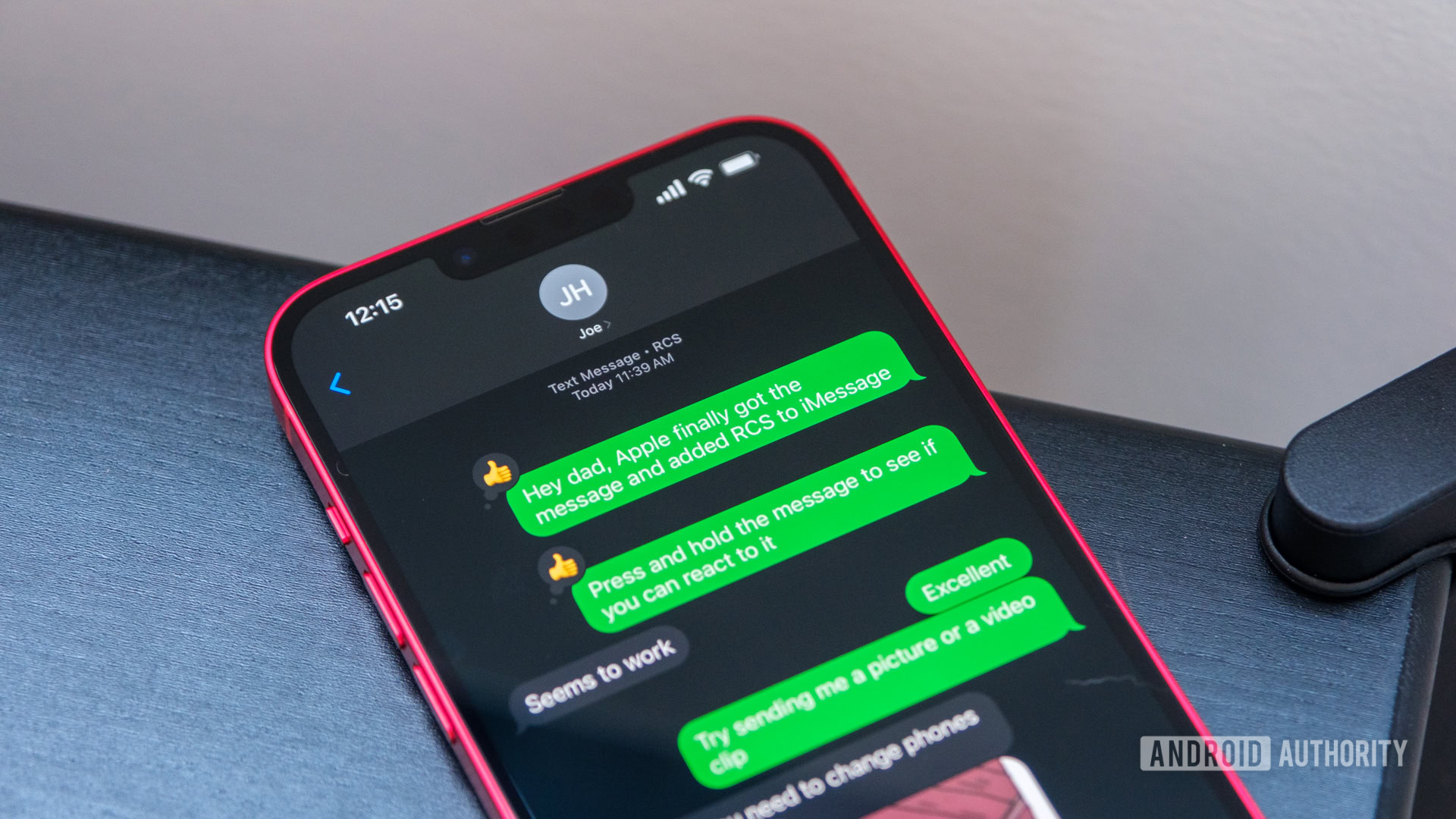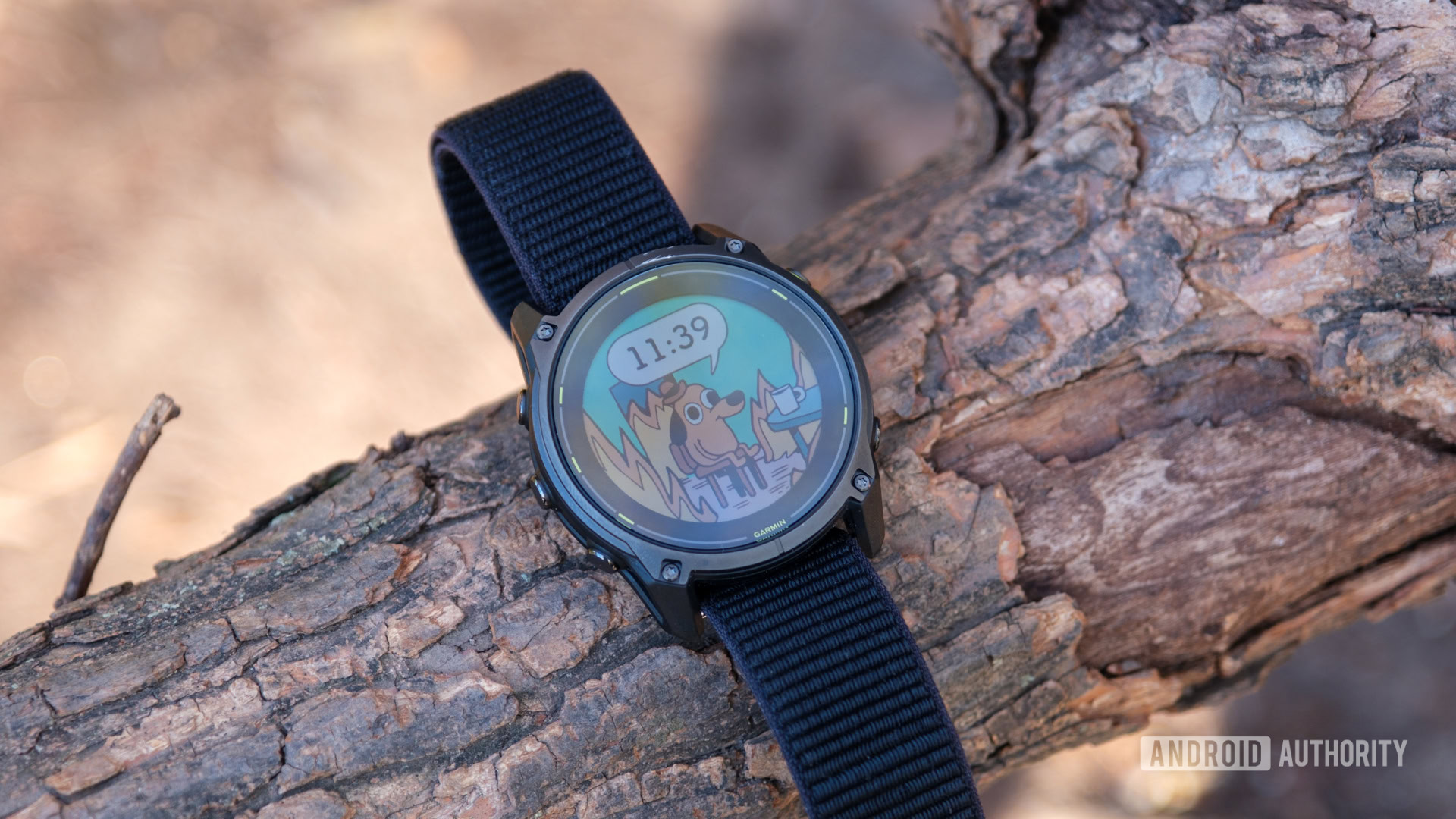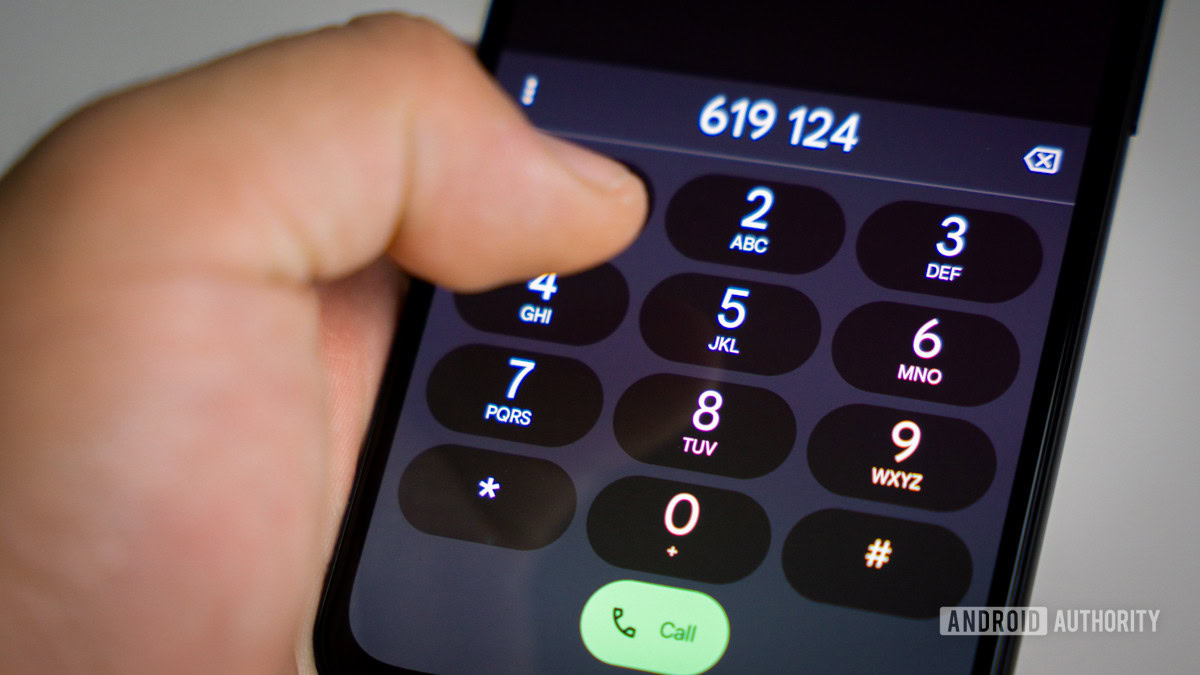
Ryan Haines / Android Authority
Rich Communication Services, or RCS, is a messaging protocol now used by many across the US and the globe, but it wasn’t always the case. It took ages to gain momentum after its conception in 2007. However, despite its accelerated adoption, the protocol still isn’t quite as ubiquitous as SMS.
This is especially apparent when using the protocol to communicate with those on Apple devices. iPhones require RCS users to be tied to a supported carrier, leaving many who enjoy cheaper prepaid plans out in the cold. The fact that Apple only recently adopted RCS also put a spanner in the works.
Considering all this, we asked users if they had experienced any problems with RCS messaging. Here are the results from the poll.
RCS remains a problematic protocol

Ryan Haines / Android Authority
Most (46.4%) of the nearly 2,200 voters note that RCS “always works fine,” suggesting that the protocol is mostly fuss-free. 38.1% claim that “it works” but not with all contacts, while just under 11% don’t use it at all. Only 4.5% of respondents note that RCS has never worked for them.
Many in the comments blame Apple for the fragmentation. “I wish Apple would’ve just done RCS 5 years ago when everyone else started using it. But Tim “buy your mother an iPhone” Cook was more interested in sales than making the iPhone usable in a market not completely monopolized by Apple,” writes one reader.
It should be noted that our poll was run on an article discussing the troubled RCS relationship between Android and iPhones; naturally, there’ll be some anti-Apple sentiment.
Interestingly, users beyond the US suggest that RCS remains secondary to other protocols and platforms. “I mean, honestly, everyone I know is on WhatsApp — except for children who are too young for the TOS. My 8-year-old uses RCS for family members under supervision, none of whom use an iPhone. I know 50% of the population use iOS in the UK, but I have no idea who they actually are!”
There’s clearly a divide between platforms, apps, carriers, and regions that RCS will need to bridge before it becomes as seamless as its predecessors. If it’ll ever achieve this remains to be seen.







 English (US) ·
English (US) ·